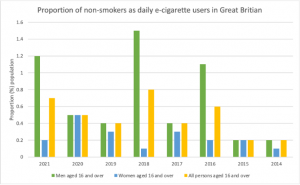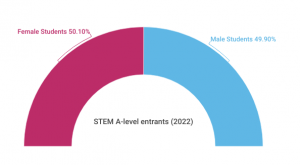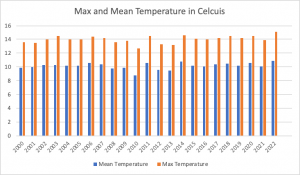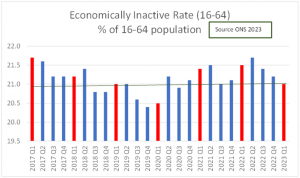Action for ADHD this October
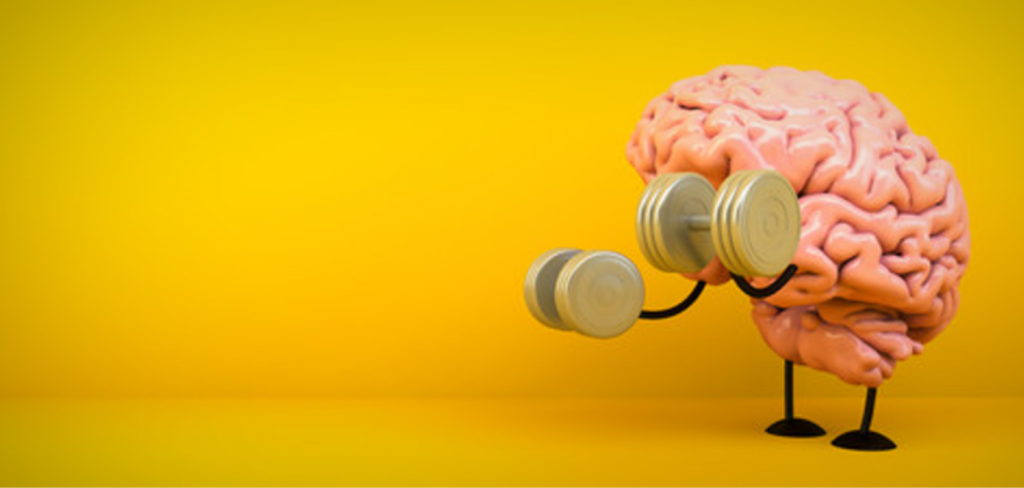
ADHD awareness month falls in October, a time to be considerate of others and educate ourselves better on an extremely misunderstood disability. Not only is there a lot of misinformation surrounding ADHD but it is significantly under-diagnosed especially in women.
Dr Rob Baskind, Consultant Psychiatrist, reports that “The prevalence of ADHD in adults is widely reported as between 2.5%-4% although this is felt to be a conservative figure. Only approximately 10-20% of individuals with ADHD will be treated.”
Furthermore, A research study of 10,438 children by the journal of Attention Disorders found that 3.62% of boys and 0.85% of girls had ADHD. However, these statistics are mostly due to the significant lack of diagnosis in young girls.
Malek Busaidy, 20, shared his troubles with this harsh truth. Having been assigned female at birth Malek never fit into stereotype of “the typical cisgender white boy with loads of energy running around and causing disruption.”

He went on to describe “a lot of us get shamed for symptoms young and learn to mask and internalise it just increasing the rejection sensitive dysphoria and anxiety.”
Due hyperactivity being the only symptom usually associated with the condition, Malek was constantly told off in school for his behaviour, not making eye contact always losing possessions and an inability to process information. It took 19 years for him to get a diagnosis.
Unfortunately, his experience is all too common. Charity ADHD Aware stated that “many adults and children, and especially young girls, face great difficulty in getting treatment.”
Louie Carey, 20, did manage to get his diagnosis young due to hyperactivity being a dominant trait in his ADHD. At age 9 it was spotted by a nurse who couldn’t believe the diagnosis had taken this long
His symptoms include extreme hyperactivity, no patience, forgetfulness, fatigue, constant thoughts, insomnia and foggy brain. Louie however believes hyperactivity is the only symptom people acknowledge.
“A lot of people hear ADHD and they have this conception that it’s just troublemakers but they don’t actually know anything about it at all.”
Even though many people are aware of the hyperactivity itself, Louie also describes the extreme fatigue this can cause.

“You keep going and going thinking you’re fine and you still want to go but you’re really aching and you physically can’t move sometimes.”
So, what can you do this ADHD awareness month to help out? ADHD aware said:
“During the month, we want to show the world that people with ADHD need more support, understanding and access to services.”
“So, this October talk to your friends and family about ADHD and neurodiversity. Together we can try and bring more understanding to the wider world about the challenged and positive aspects of living with ADHD.”

